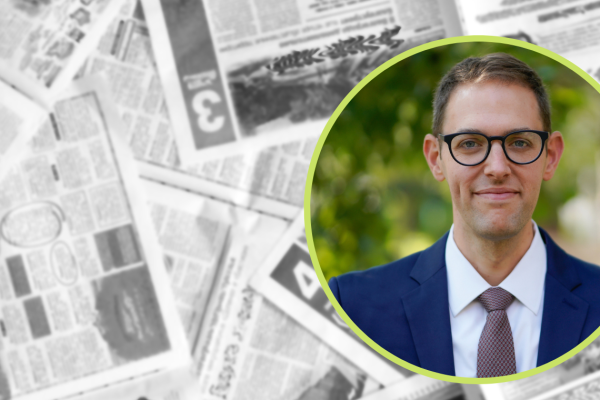A Matter of Trust: Benjamin Toff of the Reuters Institute talks about boosting public confidence in journalism
When Ipsos recently released its latest Veracity Index measuring the trust the British public has in various professions, it painted a mixed picture for journalists. While the proportion of Britons who say they trust journalists has nearly doubled since 2000, it is still among the five least trusted professions in the UK.







